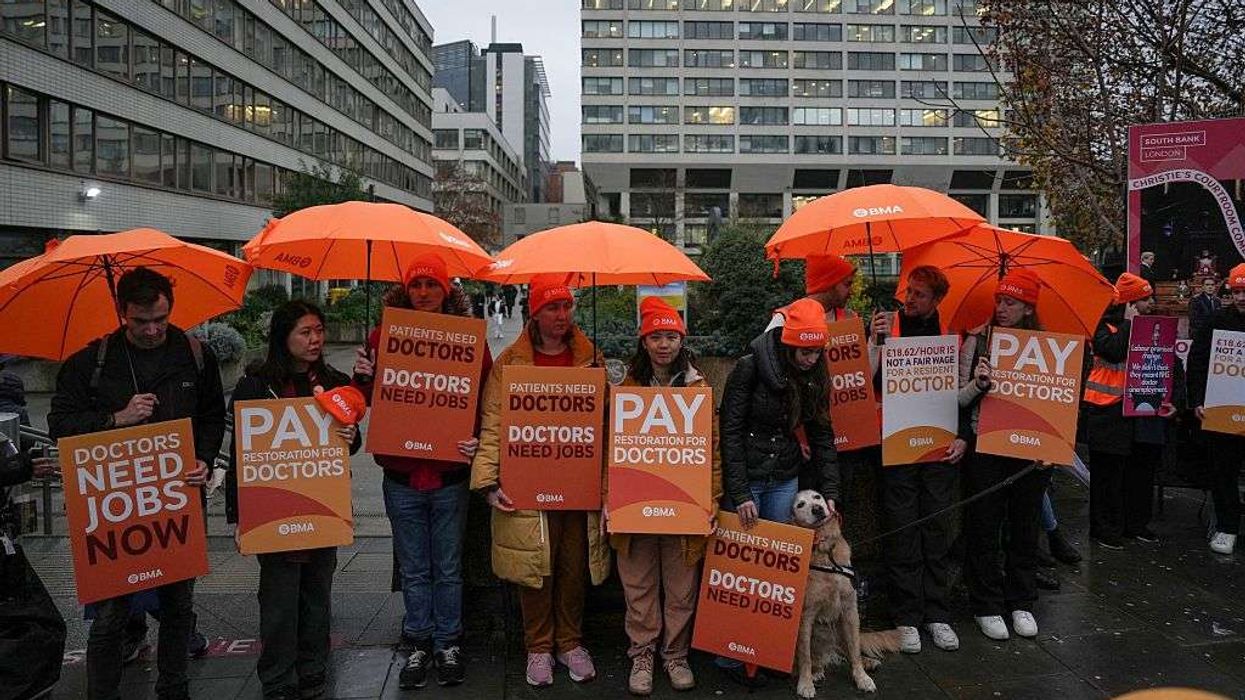THOUSANDS of doctors across England began a five-day strike on Friday (14), walking out over disputes about pay and training opportunities. This marks the 13th strike by medical staff since March 2023.
The industrial action, which started at 7am, involves resident doctors – those below consultant level who make up around half of the hospital medical workforce. The strike will continue until Wednesday (19) morning and affects both emergency and routine care.
Health secretary Wes Streeting strongly criticised the British Medical Association (BMA), the doctors' union, accusing them of "choosing confrontation over care". Writing in the Daily Telegraph, he said: "This strike isn't about fairness any more. It's about political posturing."
Streeting pointed out that doctors have received a 28.9 per cent pay rise over the past three years, the highest award across the entire public sector. He insisted the government "cannot and will not move on pay".
However, the BMA argued that doctors still need a 26 per cent pay increase to restore their earnings to what they were worth two decades ago when inflation is taken into account. Dr Tom Dolphin, BMA council chairman, said: "We've got pay that is still a fifth down on the value that it had in 2008."
The union is also demanding more training posts. Currently, more than 30,000 doctors are competing for just 10,000 training places needed to progress towards becoming consultants. This leaves many doctors without permanent jobs after years of training.
NHS England said it aims to keep 95 per cent of non-urgent operations and appointments running by redeploying senior doctors and offering overtime. However, the five-day walkout is expected to cost £240 million to cover.
Some patients have already faced cancellations. Colette Houlihan, 68, from Cambridgeshire, was due to have a pre-surgery appointment but it has been pushed back to late December. "I am furious," she said. "By striking they ignore the Hippocratic Oath – first and foremost do no harm."
Dr Tom Dolphin defended the strike, saying doctors had a legal right to take action and should not be "bullied or coerced" into working. He added that UK doctors can earn two or sometimes three times more in countries like Ireland, Australia and Canada.
"We want to negotiate, we want a settlement to this. We don't want to be on strike. We'd much rather be looking after the patients," he said.
Meanwhile, resident doctors in Scotland have begun voting on whether to take similar strike action.
(with inputs from AFP)





